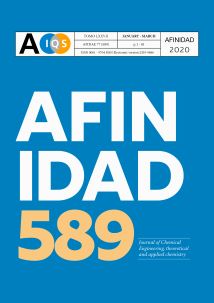|
Authors |
Abstract The effects of shrimp aquaculture on the water quality of the Jiquilisco Bay (El Salvador) was evaluated for small-scale shrimp farming with low stocking densities (≤ 12 shrimps/m2). Two sites were selected for study: one in a concentrated shrimp farming area and the other few kilometers away without shrimp farms influence. Water samples were collected at nine different locations for spatial assessment and were taken on three occasions for temporal assessment. Parameters related to nutrient waste from shrimp farms included: biochemical oxygen demand (BOD), total suspended solids, nitrate, nitrite, dissolved phosphorus and ammonia, temperature, salinity, pH and dissolved oxygen. Effluents from shrimp farms did not exceed the limits established by regulatory norms for nitrite, nitrate, ammonia, BOD, pH and phosphorus. Significant differences for the concentrations of total suspended solids (TSS) and BOD were observed. They were higher in the channel with shrimp farms influence and always in the raining season, probably due to the drag of the rivers more than the shrimp production. It seems that at these stocking densities the carrying capacity of Jiquilisco bay was not exceeded. |
|
|
Journal Afinidad, 2020, v.77, n.589, p.53-62 |
||
|
Publication date 2020-01-01 |
||
|
DOI - |



